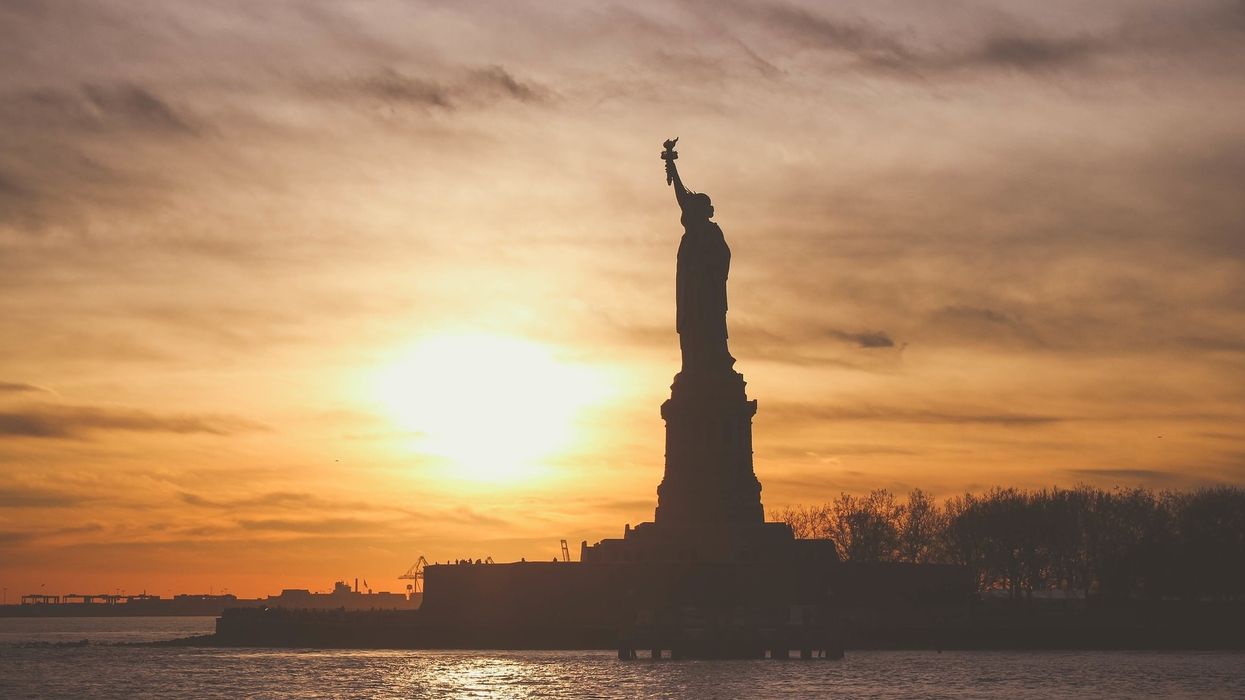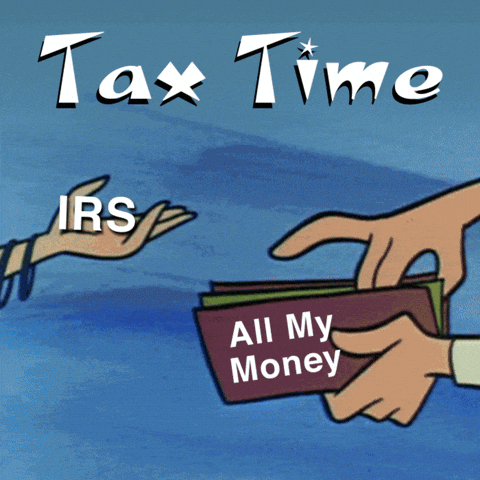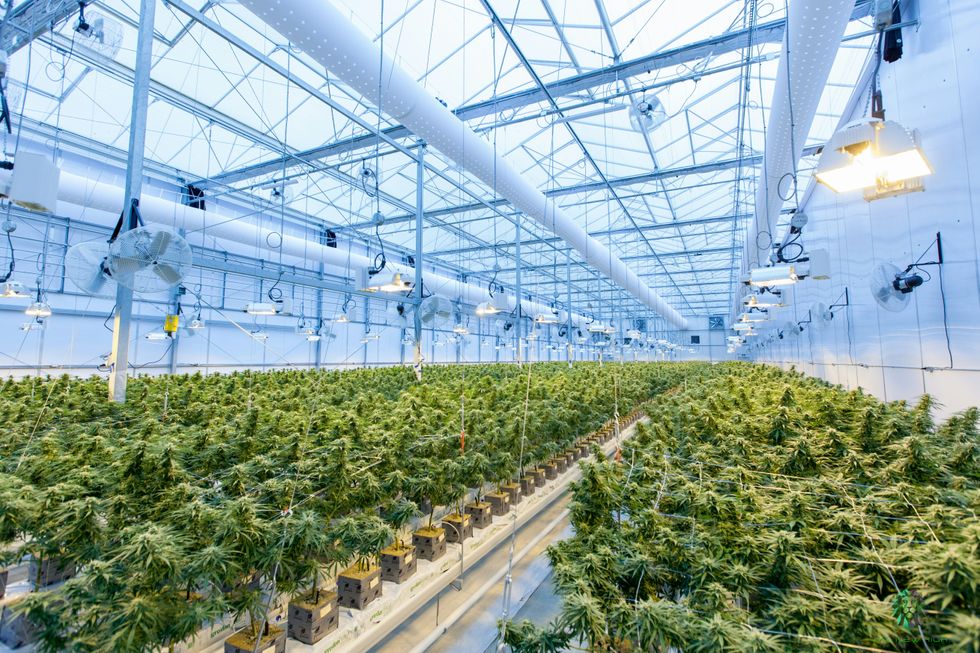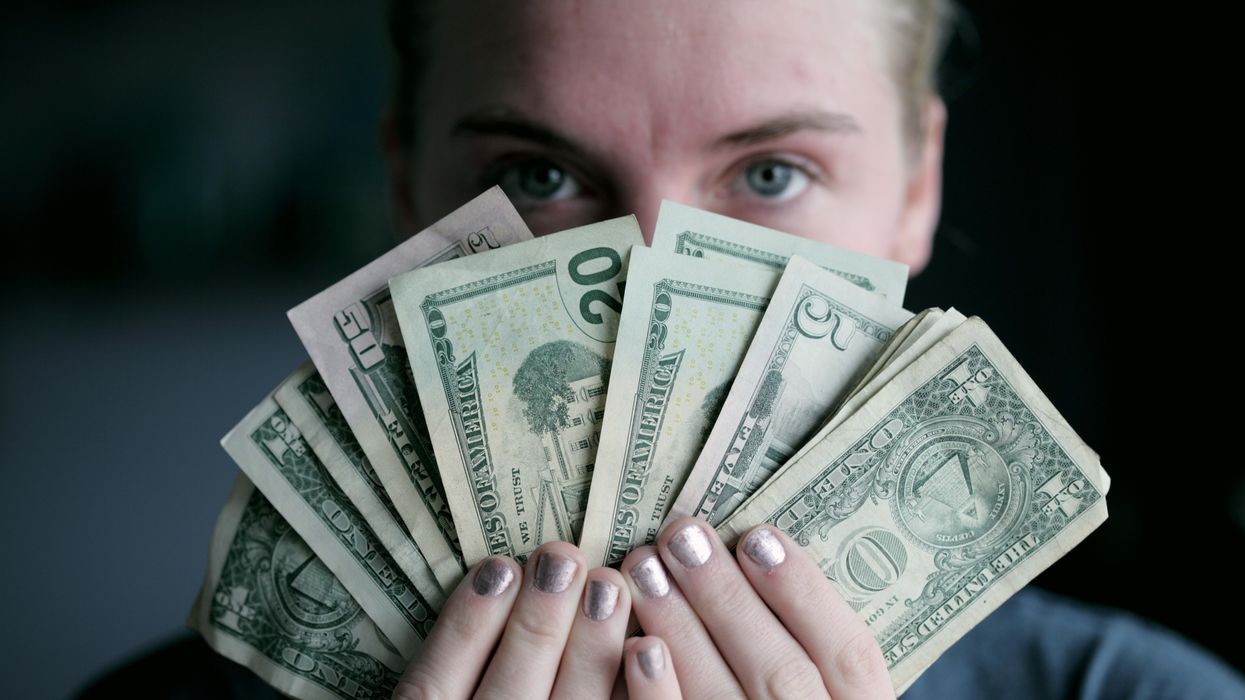This article originally appeared in Benzinga and appears here with permission.
New York is fast-tracking marijuana legalization .
That's according to Senate Finance Committee Chair Liz Krueger, citing an agreement between Governor Andrew Cuomo and the State Legislature on a deal to legalize adult-use cannabis sales for adults over 21.
“It is my understanding that the three-way agreement has been reached and that bill drafting is in the process of finishing a bill that we all have said we support,” Krueger told Bloomberg on Wednesday, March 24, 2021.
The measure could be on the floor and ready to be voted upon as early as next week, she added.
An Anticipated Deal: Cuomo is a long-standing proposer of legalizing recreational cannabis in the state. Recall his including a cannabis reform proposal in his budget request earlier this year.
The request was denied by the Senate, who moved the conversation to achieving a deal with the executive branch, for the introduction of a separate bill on cannabis reform.
While the text language has not been made public yet, Krueger says the agreement will include a 13% sales tax, 9% of which would go to the state and 4% to the localities.
An excise tax of as much as 3 cents per milligram of THC could also be included.
Effects On The Cannabis Markets: A fast-tracked legalization bill in New York could mean a great blow to the New Jersey cannabis market, per a recent analysis by Cantor Fitzgerald.
New Jersey legalized recreational cannabis last November through a ballot vote, and is still aiming to close regulations, which could be delayed until late 2021 or early 2022.
A pre-approved bill between the executive and legislative branches in New York could help the state reach a comprehensive regulation sooner. Legal cannabis in New York would mean a loss for New Jersey, as much of its market was envisioned in out-of-state buyers coming from New York.
According to analyst Pablo Zuanic, if New York legalizes before New Jersey, stocks from companies with operations in the Empire State and not in the Garden State — like Cresco Labs — would see benefit.
Those on the opposing end, with only New Jersey operations (like Ayr Wellness, TerrAscend and Verano) would experience a negative outcome.
Companies with operations in both states would still experience a positive effect. These include Acreage, Columbia Care, Curaleaf, and Green Thumb Industries.
Are you still missing out on The Bluntness newsletter? Sign Up today to stay in the loop.







 When it comes to pricing, cultivation methods matter - The Bluntness
Photo by
When it comes to pricing, cultivation methods matter - The Bluntness
Photo by 








